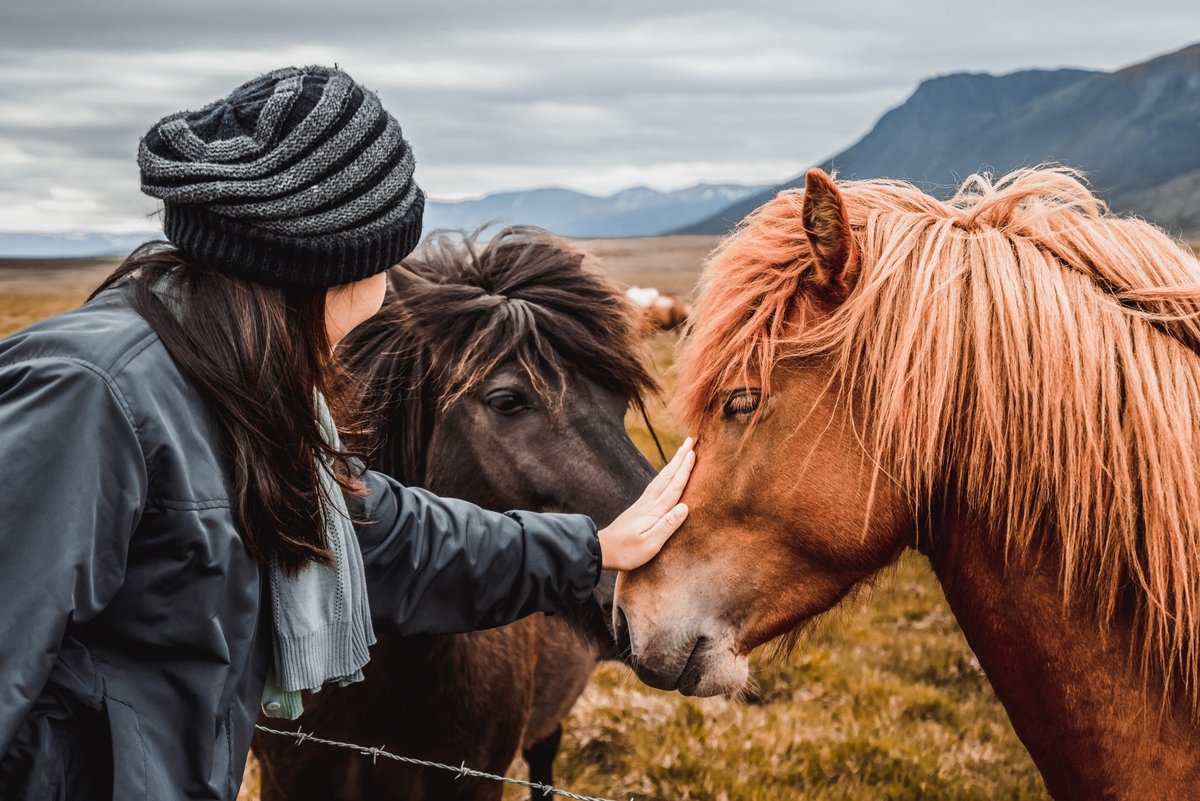
Climate Disaster in Mongolia: Dzud Kills Millions of Livestock
- foodfightadmin
- June 12, 2024
- Global Hunger
- adlps, ads pages
- 0 Comments
An unprecedented climate disaster, named a “dzud”, has killed over 7.1 million livestock in Mongolia this year, representing more than a tenth of the country’s total livestock holdings. The dzud, a combination of severe droughts and harsh, snowy winters, has become more frequent and intense due to climate change. This year’s dzud, the worst in recent memory, followed a particularly dry summer and the heaviest snowfall since 1975. The disaster has devastated herders’ livelihoods, with thousands of families losing over 70% of their herds.
The Impact on Herders and the Economy
The dzud has severely affected Mongolia’s agricultural sector, which relies heavily on livestock, contributing 80% of agricultural production and 11% of the GDP. The loss of livestock has led to widespread economic distress among herders, many of whom have been forced to migrate to urban areas in search of work.
High costs for fuel, food, and fodder exacerbated the crisis for herders like Gantomor, a 38-year-old from Arkhangai province. Facing the threat of the dzud, he sold his entire flock of sheep, keeping only his sturdier yaks and horses. Despite relocating his animals to what he hoped would be safer pastures, he lost a significant portion of his remaining herd.
Khandaa Byamba, a camel herder from Dundgobi province, shared a similar story. By allowing her camels to roam freely in search of pasture, she managed to save most of her herd, losing only a few animals. However, the overall losses across the region are staggering, with carcasses piling up and posing a risk of disease.
Addressing the Crisis
Disposing of the millions of animal carcasses has been a major challenge. By early May, nearly 80% of the dead animals had been buried to prevent disease outbreaks. The Mongolian government and international organizations are working to provide relief and support to affected herders.
Deputy Prime Minister S. Amarsaikhan has warned that the total death toll could rise to 14.9 million animals, nearly 24% of Mongolia’s total livestock. The dzud exemplifies the interconnectedness of climate change, poverty, and economic stability, highlighting the urgent need for better adaptation strategies.
Future Strategies
To mitigate future dzud impacts, Mongolia needs to enhance weather forecasting, implement measures to prevent overgrazing, and diversify income sources for herders. Building resilience in the agricultural sector is crucial for the survival of Mongolia’s nomadic herding culture and economy.
Khandaa Byamba’s experience underscores the importance of traditional knowledge and adaptive strategies in coping with climate challenges. As the frequency and severity of dzuds increase, these strategies will be vital for the future of Mongolia’s herding communities.








